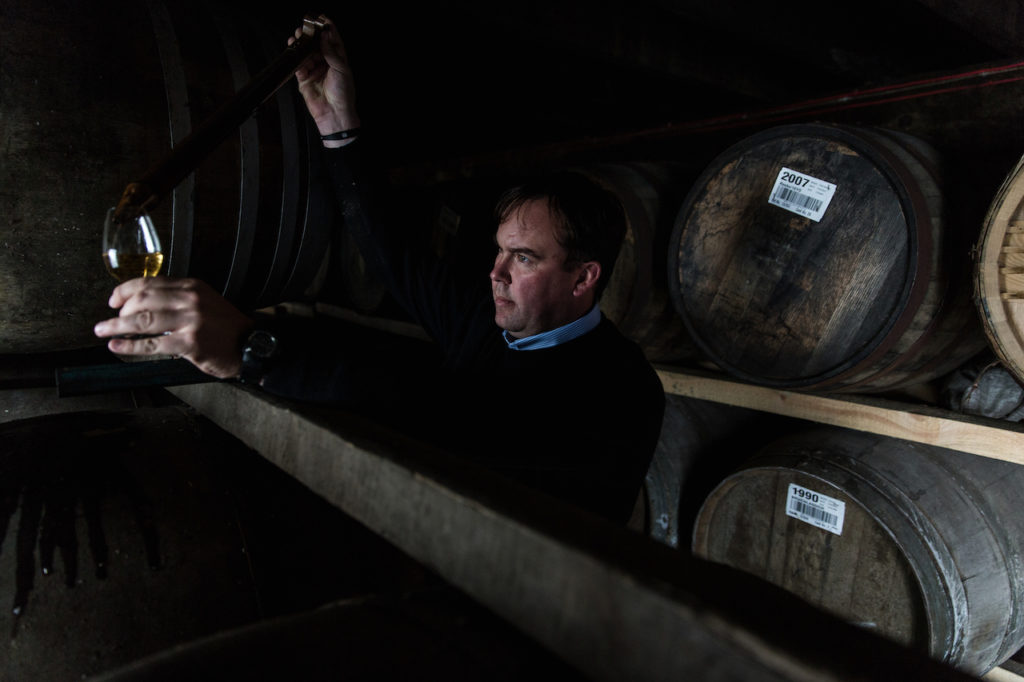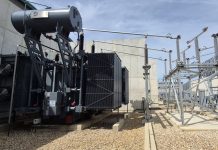UK‐based green hydrogen energy services company, Protium Green Solutions, has received more than £70,000 in funding to complete a feasibility study on incorporating hydrogen combustion technology into Bruichladdich Distillery. Part of the Beis Net Zero Innovation Portfolio (NZIP), the project is the next step in assessing the application of alternative fuels at island-based Bruichladdich.

Aiming to decarbonise its production process by 2025, Bruichladdich has conducted feasibility studies into alternative green energy solutions for some time. Hydrogen presents a significant opportunity for the whisky industry and Islay itself, which currently uses fuel oil to meet its heating demand. The remote location of many distilleries across Scotland working towards net zero is hindered by pre‐existing grid limitations.
The feasibility project, named HyLaddie, has been funded by the Small Business Research Initiative Green Distilleries Competition and will explore the deployment of an on‐site Deuterium Dynamic Combustion Chamber (DCC) as a viable mechanism to meet Bruichladdich’s heating requirements.
Together with ITPEnergised and Deuterium, Protium will investigate optimal system design and how the DCC can be integrated into the Victorian distillery. As with any project undertaken at Bruichladdich, the feasibility study must consider the preservation of centuries old equipment, the safeguarding of spirit quality and the impact on the local community.
Intended for completion in the spring of 2021, the study is included within phase one of the NZIP Green Distilleries competition. Positive results would see project teams target phase two of funding in order to install the DCC and assess its industrial application. This proof of concept could be the vote of confidence required for similar-sized distilleries to join Bruichladdich’s ambitions of net zero. Importantly it would demonstrate the feasibility of retrofitting operations to become more sustainable as opposed to being ‘born-green’.
The DCC technology generates high temperature steam, using only oxygen and hydrogen that is combusted in a vacuum. The process creates water, which can be recycled and eliminates any emission of CO2, NOx and SOx.
The project follows a series of significant funding announcements from the UK Government, whose economic plans continue to support hydrogen projects. Alongside a dedicated hydrogen strategy expected in 2021, £100 billion of funds have been earmarked for spending across the UK with some likely to be awarded to green hydrogen and other clean tech projects.
Additionally, in March 2020 the Government announced a £10 million fund as a scheme established to help distillery businesses convert to more sustainable energy sources, which seeks to “kick‐start green innovation” and supports UK distilleries in switching to greener energy sources such as low-carbon hydrogen, biomass and repurposed waste.
Christopher Jackson, CEO of Protium and Director of Deuterium, said, “Green hydrogen will play a key role in decarbonising the UK manufacturing sector, particularly food & drink where Protium is well established in designing green hydrogen for industrial heat solutions. Together with ITPEnergised and Deuterium, we are eager to demonstrate how hydrogen can be used by Bruichladdich to reduce their footprint and emissions.”
Allan Logan, Operations and Production Director of Bruichladdich, comments, “At Bruichladdich Distillery, we understand that there is real potential for a hydrogen‐based solution to decarbonise our industry. We are thrilled to have the support of Protium, Deuterium and ITPEnergised to help us assess the feasibility of employing a hydrogen fuel switching solution for our distillery – a move we hope benefits the broader industry.”
The Energyst is a stakeholder for Net Zero Week – find out more here.




“Aiming to decarbonise its production process by 2025, Bruichladdich has conducted feasibility studies into alternative green energy solutions for some time.”
As 99% of all hydrogen currently produced is black hydrogen from fossil fuels it seems strange they’re looking at this as an option for speedy decarbonisation, especially given the logistical challenges of hydrogen and the island’s remote location.
Surely solar PV and wind with electric boilers, or even biomass would be a lower carbon alternative?
Seems disappointing that UK Government aren’t exploring these options with as much focus as hydrogen.